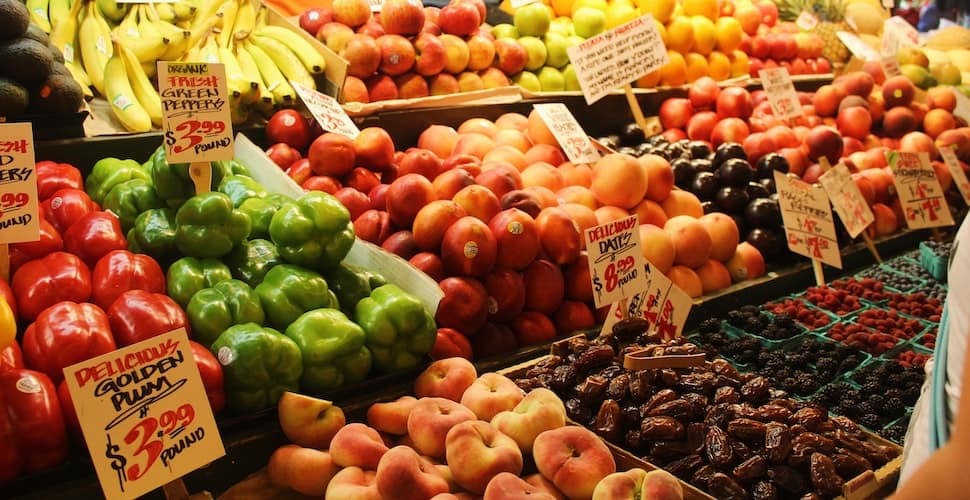Berry and citrus top the list of produce with the highest modern slavery risk in Australia, a new report from supermarket chain Woolworths has found.
The report, the first produced as a requirement of the 2018 Modern Slavery Act, identified 332 fruit and vegetable suppliers in the Woolworths supply chain that presented a modern slavery risk.
Citrus and berry supply chains had 78 and 103 sites identified as at-risk, respectively, while grapes had a high number of at-risk sites relative to total suppliers.
Stone fruit and berry farms, meanwhile, were found to be most likely to use so-called labor-hire firms, which have in the past been linked to labor abuses.
Another supermarket chain, Coles, revealed that its ethical sourcing program does not cover farms that send produce to packhouses.
Worker rights advocates are urging the companies to follow up on their reports with decisive action against forced labor and exploitation.
ABC News Australia reports:
Australian Workers Union national secretary Dan Walton said the fruit and vegetable sector was the “petri dish” for worker exploitation in Australia but said big companies were slowly realising their reputations were at stake.
“We’re starting to see some nice and fluffy words coming out of corporate Australia, but actions speak louder than words,” he said.
In common with many countries in the world, exploitation in agriculture has long been a major problem in Australia, particularly of migrant workers.
According to Fair Work Ombudsman, over half of horticulture businesses investigated breached workplace laws in 2018.
Joanna Howe, of the University of Adelaide, said that in 2020 alone there have been numerous major investigations into labor abuses in the sector.
Dr Howe called the supermarket reports a “highly significant moment” for migrant workers but urged the chains to take further action.
“In order for this not to be merely window dressing, the statements that they make need to be capable of investigation,” Dr Howe said.
“Self-reporting is public relations for these large companies unless there is accountability on the claims that they make in their statements.”







Freedom United is interested in hearing from our community and welcomes relevant, informed comments, advice, and insights that advance the conversation around our campaigns and advocacy. We value inclusivity and respect within our community. To be approved, your comments should be civil.